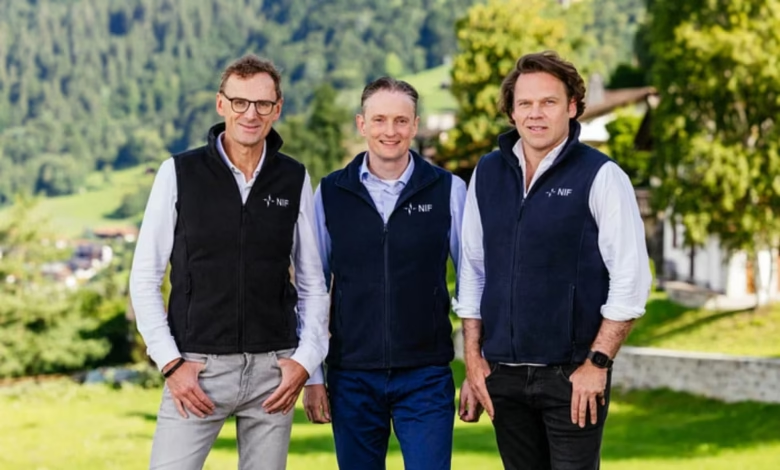NATO Innovation Fund Bolsters Team Amid Defense Push

▼ Summary
– The NATO Innovation Fund (NIF) has undergone significant team changes, adding two new partners and seeing the departure of its penultimate founding team partner, now operating with a three-partner structure.
– Defense and dual-use technology investments in Europe have surged, reaching 10% of all VC funding, though NIF faced delays due to management challenges and high-profile departures.
– New partners Ulrich Quay and Sander Verbrugge bring industrial and scientific expertise, while Patrick Schneider-Sikorsky remains the sole original team member, as NIF aims to support deep tech in defense and resilience.
– NIF has made 19 investments since inception, focusing on dual-use startups and funds, while also ramping up defense efforts, including involvement in NATO’s Rapid Adoption Action Plan.
– Despite criticism over its pace and focus, NIF is prioritizing ecosystem building and scaling companies to bolster NATO’s technological resilience, with leadership emphasizing collaboration and rapid execution.
The NATO Innovation Fund (NIF) is strengthening its leadership team as defense technology investments surge across Europe. With $1 billion in commitments from more than 20 member nations, the fund is navigating a rapidly evolving landscape where dual-use technologies, those with both civilian and military applications, are attracting unprecedented venture capital interest.
Recent changes at NIF include the addition of two new partners and the departure of one of its founding members. Ulrich Quay, former VP of corporate investments at BMW, and Sander Verbrugge, a deep tech investor with a background in semiconductor manufacturing, join the Amsterdam-based team. They will work alongside Patrick Schneider-Sikorsky, the sole remaining member of the original investment group. Meanwhile, founding partner Kelly Chen has stepped down to pursue a new venture, following the earlier exit of Chris O’Connor.
Despite early challenges, including leadership turnover, NIF remains focused on its mission to support deep tech startups tackling defense, security, and resilience challenges. The fund has already made 19 investments, backing firms like Space Forge and drone manufacturer Tekever, while also allocating capital to venture funds such as OTB Ventures.
Critics argue that NIF could move faster, particularly in response to rising geopolitical tensions, but the fund insists it is meeting its investment targets. Efforts to streamline decision-making and strengthen ties with NATO’s defense priorities are underway, including involvement in the alliance’s Rapid Adoption Action Plan. The fund has also expanded its strategic support for portfolio companies, hiring John Ridge as chief adoption officer to assist startups in navigating military procurement processes.
The new leadership team was selected through a structured process, emphasizing expertise over prior working relationships, a departure from traditional VC hiring practices. While this approach has drawn scrutiny, NIF’s leadership believes it will foster long-term success. Fiona Murray, NIF’s vice chair, likened the organization to a startup, emphasizing continuous improvement and a commitment to scaling defense innovation across Europe.
Looking ahead, NIF aims to deepen its focus on dual-use technologies that can achieve industrial-scale impact, reinforcing NATO’s technological edge in an increasingly competitive global landscape.
(Source: TechCrunch)